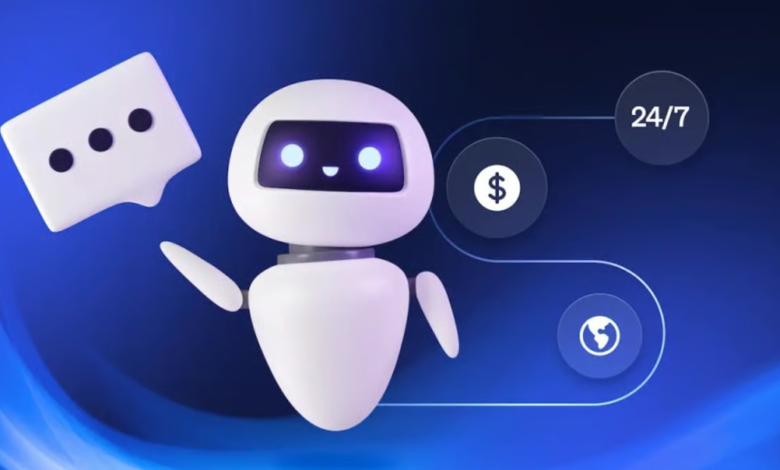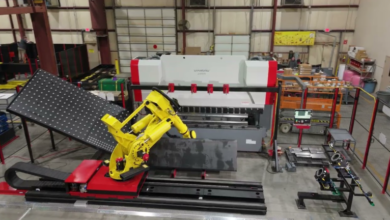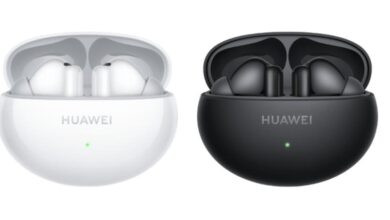AI Customer Service Agent vs. Chatbots: What’s the Difference?

In today’s fast-paced digital world, customers expect immediate responses, human-like conversations, and round-the-clock support. While chatbots have been a popular solution for automating customer service, businesses are now rapidly switching to a more advanced solution: the AI Voice Agent. It is designed to do what traditional bots can’t—handle natural conversations over calls, resolve queries faster, and significantly improve customer experience.
So, how exactly does an AI Customer Service Agent differ from a chatbot? Let’s break it down.
1. Mode of Communication: Voice vs. Text
Chatbots primarily operate through text, embedded in websites, apps, or messaging platforms. They require users to type their queries and responses. In contrast, an AI customer service agent communicates via voice in real-time, mimicking natural human interaction. This creates a far more intuitive and personal experience, especially for customers who prefer speaking over typing.
See also: Top Tech Trends in Online Gaming for 2024
2. Complexity of Conversations
Chatbots often work based on predefined rules and decision trees. When a customer asks a question that’s outside the script, the bot usually fails or redirects to a human. On the other hand, an AI customer service agent uses natural language understanding (NLU) and machine learning to handle dynamic, multi-turn conversations, making it far more capable of resolving complex issues without human handover.
3. Customer Satisfaction & Conversion
Voice conversations build more trust and emotional connection than text. AI voice agents can detect customer sentiment, adjust tone, and provide contextual replies. This leads to faster resolution times and higher satisfaction scores. For industries like sales and support, this means better engagement and improved conversion rates. For example, using AI for sales calls can increase lead qualification while freeing up reps for high-value deals.
4. Integration with Existing Systems
Both chatbots and voice agents can integrate with CRM and helpdesk platforms. However, AI voice agents are designed to perform real-time actions such as booking appointments, collecting feedback, or filing support tickets—simply through a voice command. This makes them ideal for industries looking to streamline workflows, including recruitment automation software.
5. 24/7 Human-Like Support at Scale
While chatbots are helpful, they often frustrate users with rigid responses. AI voice agents, on the other hand, provide 24/7 support with a tone, pacing, and responsiveness that feels like talking to a real human. Whether it’s solving issues, confirming orders, or answering FAQs, these agents never miss a call, ensuring zero downtime for your customer support.
Final Thoughts
While chatbots served as the first step in automation, AI customer service agents represent the future of support. They are smarter, more engaging, and tailored for the voice-first world that consumers now expect. Whether you’re in real estate, recruitment, or any fast-moving industry, replacing your bot with a voice agent isn’t just an upgrade—it’s a necessity.
Ready to experience the power of human-like voice support? Meet your AI Customer Service Agent today.







